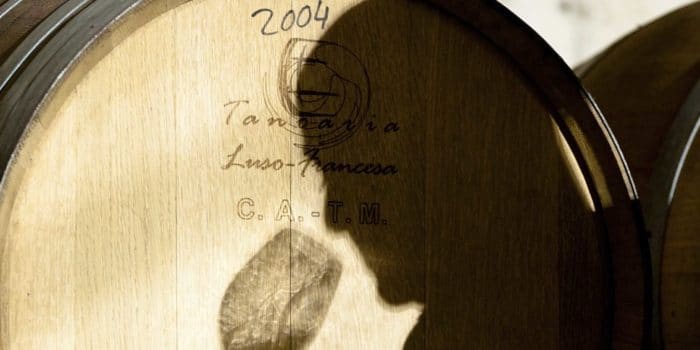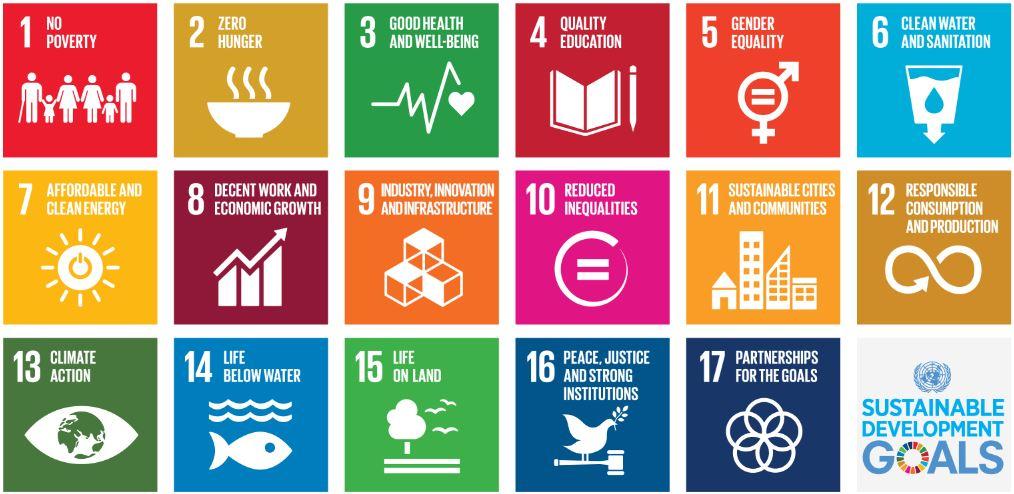
Wine Tourism as an Approach to Sustainable Rural Development
UNWTO called for wine tourism to be made part of national tourism and rural development policies at the 3rd UNWTO Wine Tourism Conference in Chisinau, Republic of Moldova (6-7 September 2018). The two days of discussions engaged experts from 30 countries and addressed UNWTO’s priority of enhancing tourism’s socioeconomic benefits, looking at specific segments like wine tourism.

The third edition of this UNWTO conference concluded that to make wine tourism a tool for rural development local communities must be engaged in and benefit from the entire tourism value chain. It also called for governance models that could help destination managers offer wine tourism as part of a holistic rural and cultural tourism approach.
Among the main findings of the conference was the conviction of all participants that, if wine tourism is bolstered by partnerships, skills development, data-driven research and support to small businesses and entrepreneurs, it could be an area for job creation, innovation and new collaboration models.
“The complexity of wine tourism development and the diversity of stakeholders involved requires innovative models of collaboration; we need to break down walls and promote new clusters,” said UNWTO Secretary-General Zurab Pololikashvili.
The conference called for more research in order to measure and understand wine tourism trends and consumers and compare destinations internationally with the same criteria. It also concluded that creating job opportunities through wine tourism requires developing human capital skilled in new technologies and sustainability, as well as soft skills such as teamwork and how to tell the story of wine.
In total the conference produced eight key areas of action: wine tourism strategy and governance; partnerships; community engagement; supporting small businesses and entrepreneurs; wine tourism for rural development; researching trends and consumers; skills development; and aligning tourism with the Sustainable Development Goals.
- Wine Tourism Strategy and Governance: Wine tourism needs to be recognized as part of the national tourism and rural development policies with the setting up of the corresponding governance model;
- Partnerships and co-creation: the complexity of wine tourism development and the diversity of stakeholders involved requires innovative models of collaboration; we need to break walls and promote new clusters;
- Act local – community engagement and empowerment: The contribution of wine tourism to rural development can only be achieved if local communities are engaged and included in and benefit from the tourism value chain; furthermore, the overall community needs to understand and be aware of the value of tourism;
- Support small business and entrepreneurship: Small businesses and entrepreneurs need adequate financing and regulation in order to advance innovation and digital transformation;
- Wine Tourism beyond “wine sales”: Wine tourism is not only a means for wineries to increase their income; it is an approach to rural and cultural tourism and thus requires a holistic approach in terms of destination management;
- Know your visitor: more research is needed to measure and understand wine tourism trends and consumers and allow for international comparability among destinations. We need to harmonize criteria and explore opportunities from big data;
- Skills and opportunities – creating opportunities for jobs requires the development of adequate skills including those related to new technologies and sustainability but also soft skills such as storytelling, team work, adaptability, etc.
- Tourism, rural development and the Sustainable Development Goals: Wine Tourism Strategies need to be fully aligned with the 17 Sustainable Development Goals and indicators




